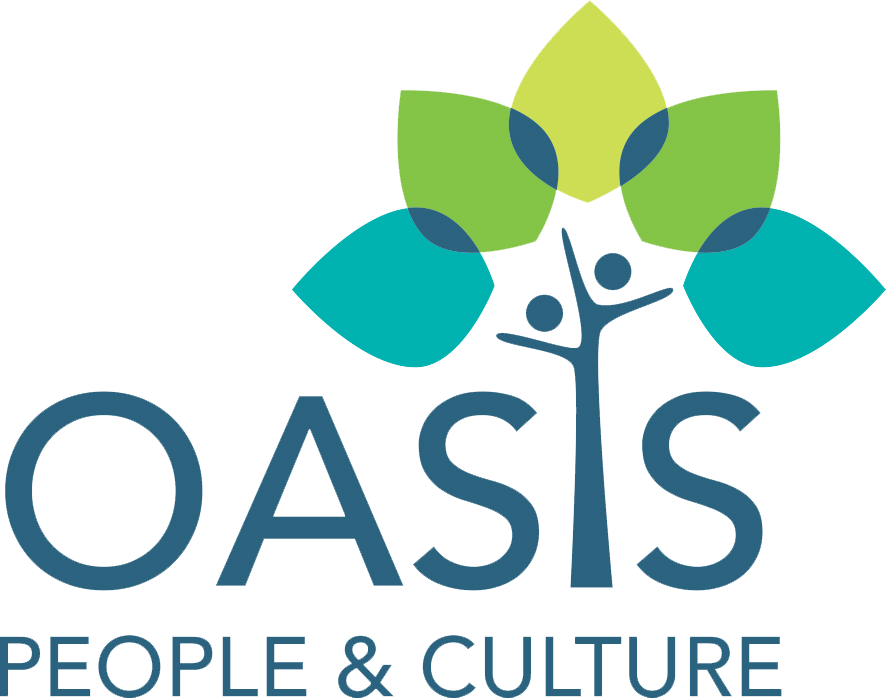Oasis People and Culture focuses on building relational health and maturity that leads to high performance in organisations.
We define this as the right conversations happening at the right time with the right people in the right way. We suggest a number of practices point to what relational health and maturity actually looks like in the workplace:
#1: Learn respectful disagreement
How we behave under pressure is the real test of relational health. It is not difficult to have respectful conversations and relationships when we are in agreement or when things are going well. It is when the pressure comes that the shadow side of our personalities can emerge, damaging relationships and undermining performance.
Relational health does not necessarily mean agreement but it does mean the capacity to listen to and continue to deeply value others even whilst advocating one’s own strong and contrasting views.
#2: Choose not to be offended
When there is relational health, people are less likely to jump to negative judgements and stories about what they believe others are saying or doing. They presume the best and believe that their colleagues have right intentions, are concerned for the needs of everyone involved and are wanting the best for the organisation.
#3: Engage in genuine curiosity
This relates to choosing not to be offended. In the face of unexpected decisions or actions a culture of curiosity leads a person to seek to clarify the intentions and thoughts of the other. A culture of curiosity is visible when open, honest and genuine questions like, “Can you walk me through your thinking on that” or “I am struggling with that decision. Please help me to understand how you got to that” are heard.
#4: Be clear and direct
You may have heard it said: Say what you mean, mean what you say and when you say it don’t be mean!
Relational health means that the conversations that need to be had can actually be had. Needing to ‘walk on egg shells’ is a sign that fear of the negative reactions of others may well be in the driving seat. Direct does not mean abusive. But it does mean that the conversation needing to take place can be done without manipulation.
#5: Be self-aware and self-prepare
Relational health involves a lot more heavy lifting behind the scenes…working on oneself. Relational health depends on individuals doing the inner work to peel back some of the hidden layers of their own motivations, fears, emotions and behaviours BEFORE they arrive at the public conversations they might want to have. A peer or coach can be a powerful resource to guide you in this preparation stage.
Ultimately, relational health in the workplace means increasing levels of team trust, enhanced learning and the right work getting done more efficiently.
For coaching and powerful conversational tools that support relational health at work, contact www.oasispc.com.au.

